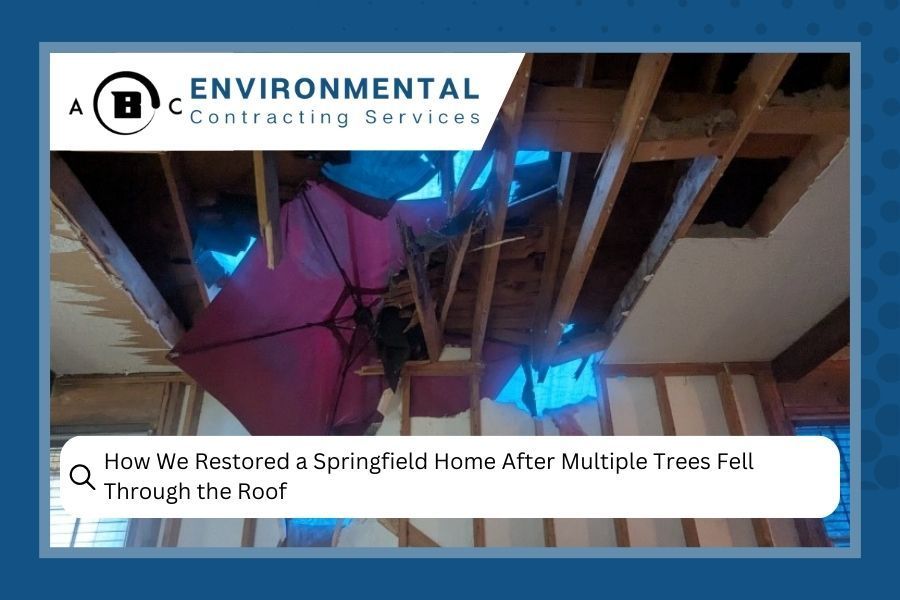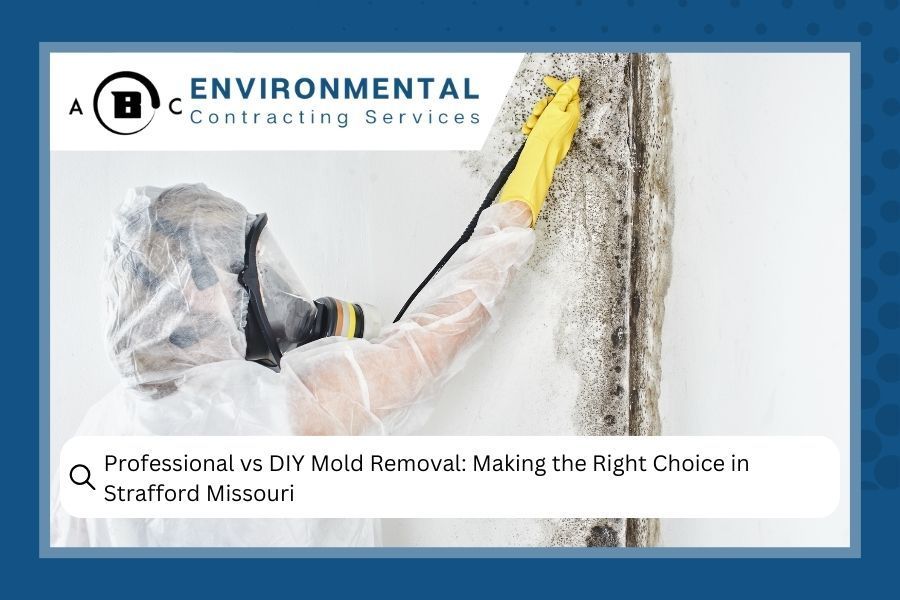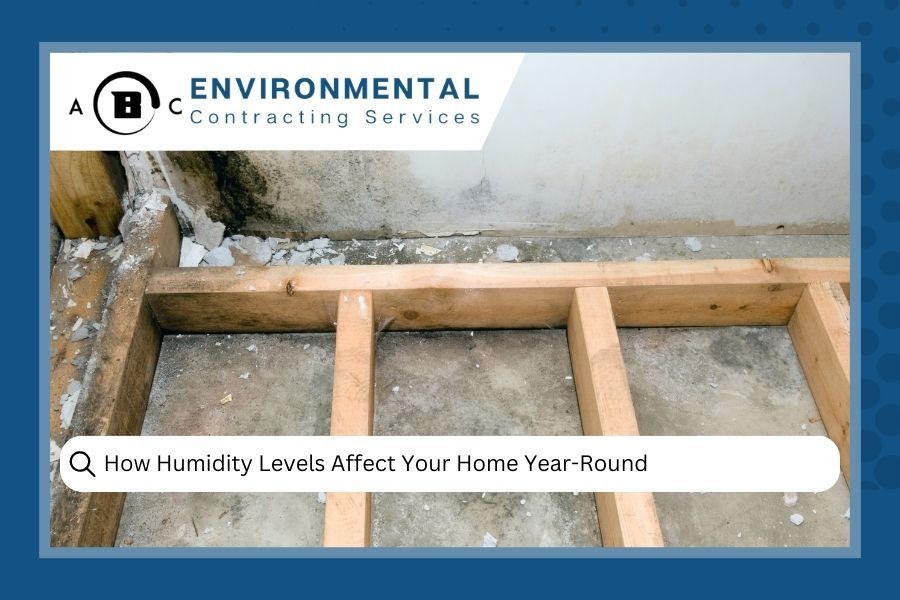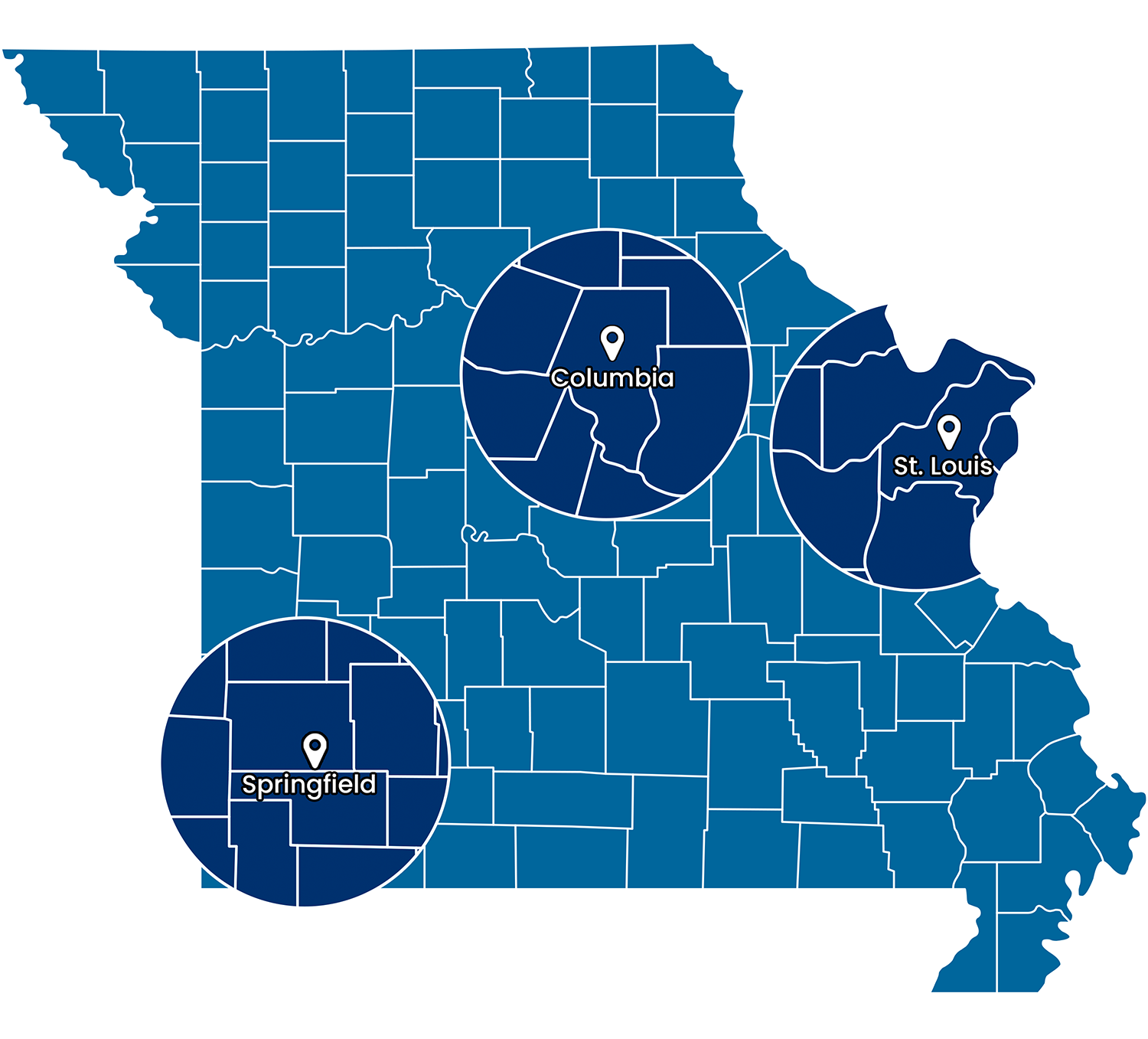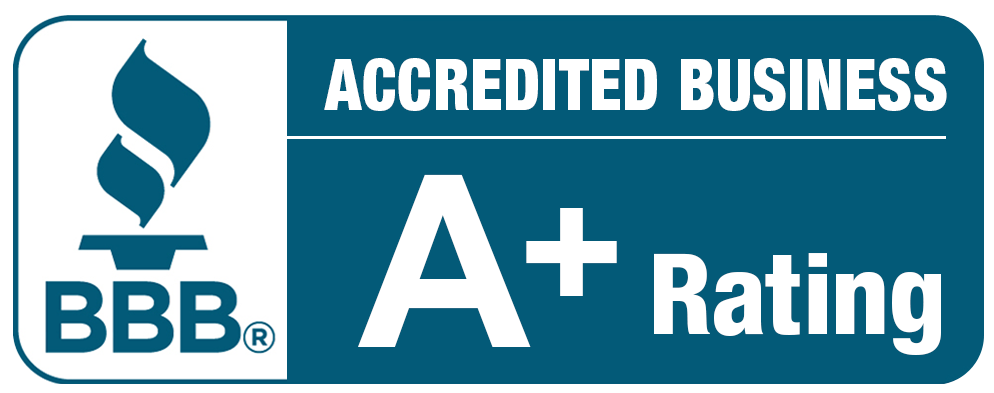
The Impact of Flood Cleanup on Your Health and Safety
When your home or business is affected by flooding, the cleanup process can be dangerous if not done properly. Flood water can contain harmful bacteria, chemicals, and other pollutants that can cause health problems if you come in contact with them. That is why it is important to act immediatly and contact a professional water damage restoration company that offers flood cleanup services like ABC Damage Restoration to take care of the mess and make sure your home or business is restored to its original condition.
Dangers to One's Health and Safety When Dealing with Flood Cleanup
While deeper waters offer more dangers than those as shallow as a few inches, any amount of water is hazardous and can cause catastrophic injury to you and your loved ones.
- Sharp Object Injuries: While you might not see any sharp items at first, walking in murky water is highly perilous. If your basement has been flooded and you are doing flood cleanup, any nails, screws, shattered glass, or other small metal particles might cause serious damage or infection. When doing flood cleanup, wear long clothes and thick shoes if you must go through water for your own protection. Otherwise, it is best to avoid.
- Safety Risks from Structural Damage: Because water is heavy, it may exert tremendous pressure on a property structure, especially if it contains porous materials, making it vulnerable to collapse at any time. As a result, it is strongly advised when doing flood cleanup to avoid residences and structures with significant structural damage. Even if the structure is built of cement and does not appear to have suffered substantial damage, it should not be considered safe. If the electricity is still on, any unsecured wire might cause significant injury; thus, any electrical damage that is not evident from the exterior does not provide the green light to enter the home. Wait until a team of reconstruction professionals has determined that it is safe to re-enter.
- Safety Risks from Electrical Damage: When doing flood cleanup, even if you are not inside a structure, any downed power lines offer a significant danger of electric shock. While many have been submerged beneath, visibility will be exceedingly difficult due to thick water. If you come across any power lines that have fallen into the water, notify them to your local power provider and keep away from them. If you must enter the water for whatever reason, ensure that all electricity in your vicinity has been turned off.
- Open Wounds Allowing for Diseases: If you are treading through water and are cut with any sharp objects, get out immediately. Any open cuts or wounds will be exposed to millions of harmful bacteria in the water, discounting any harsh chemicals that can irritate the injury. If you have any healing sores or injuries, try to avoid doing flood cleanup, or at least ensure the injuries are properly protected before entering.
- Infectious Substances and Harmful Chemicals: Even if you have no open wounds, anybody who does flood cleanup is at risk of serious illnesses and diseases caused by a range of hazardous chemicals. These might be any of the following: sewage waste, gas, oil, organic waste, animal feces, blood, pathogens. If any of these is ingested, you are likely to suffer from a variety of unpleasant health consequences, including vomiting, diarrhea, nausea, and gastroenteritis. Stay as far away from the water as possible if you see any of the above-mentioned chemicals.
- Insects and Animals Pose Health and Safety Risks: Water, as you are undoubtedly aware, attracts a large number of pests, primarily mosquitoes. If some of these insects carry dangerous illnesses and bite through the skin, there is a significant risk of severe itching, fever, vomiting, diarrhea, and a range of other health consequences. Furthermore, any creatures brought in by the floodwaters, such as snakes, alligators, or raccoons, will pose a serious hazard to personal safety. This is why it is critical to remain where you are and wait for a team of flood cleanup specialists to assist you.
Emergency Help After Experiencing a Flood
Floods, without a question, may destroy properties and infrastructures, but the dangers they bring to humans can worsen the issue. Because the flood waters include different levels of sharp items, chemicals, pathogens, animals, loose wires, and insects, it is critical to prevent as much contact as possible.
Instead of treading water, it is preferable to wait for a rescue crew to arrive. There will also be flood cleanup experts in the area to assist with the repair and restoration of houses and buildings that have suffered major structural damage. They will work diligently to restore your property to its previous state since they understand how it feels to lose a house and possessions. Please contact us as soon as you detect the damage.
A Water Damage Restoration Company Serving Missouri
Few cleanup companies in Missouri can match the work and service quality that ABC Damage Restoration provides. Treat your property to the best service.
Contact ABC Damage Restoration at (417) 409-1719 today for 24 hour
water damage restoration, flood cleanup, or mold remediation along with any of our other services or get an instant quote from our website. Our flood cleanup company will get to your Missouri home or business in 30 to 60 minutes.
Here is how to handle emergency disaster restoration.
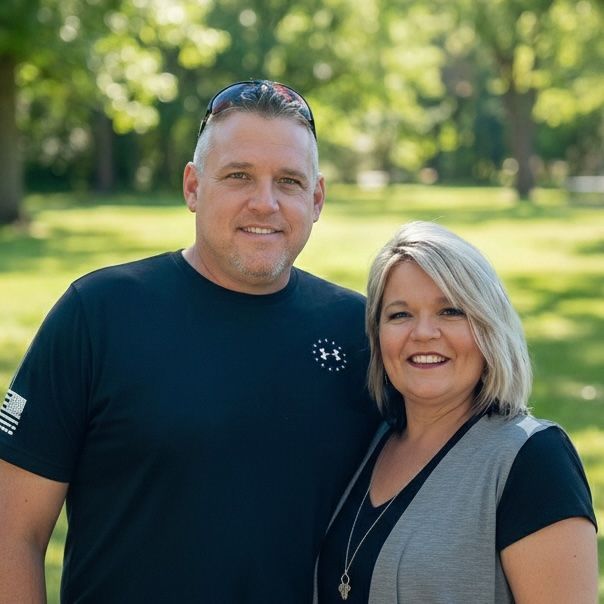
Dan and Tina Benton are the owners of ABC Environmental Contracting Services, a veteran-owned restoration company serving the Springfield, MO area. Together, they bring over two decades of expertise in water damage restoration, mold remediation, and asbestos removal for both residential and commercial properties. They're committed to serving their community with integrity and dedication, providing 24/7 emergency response when disaster strikes.

